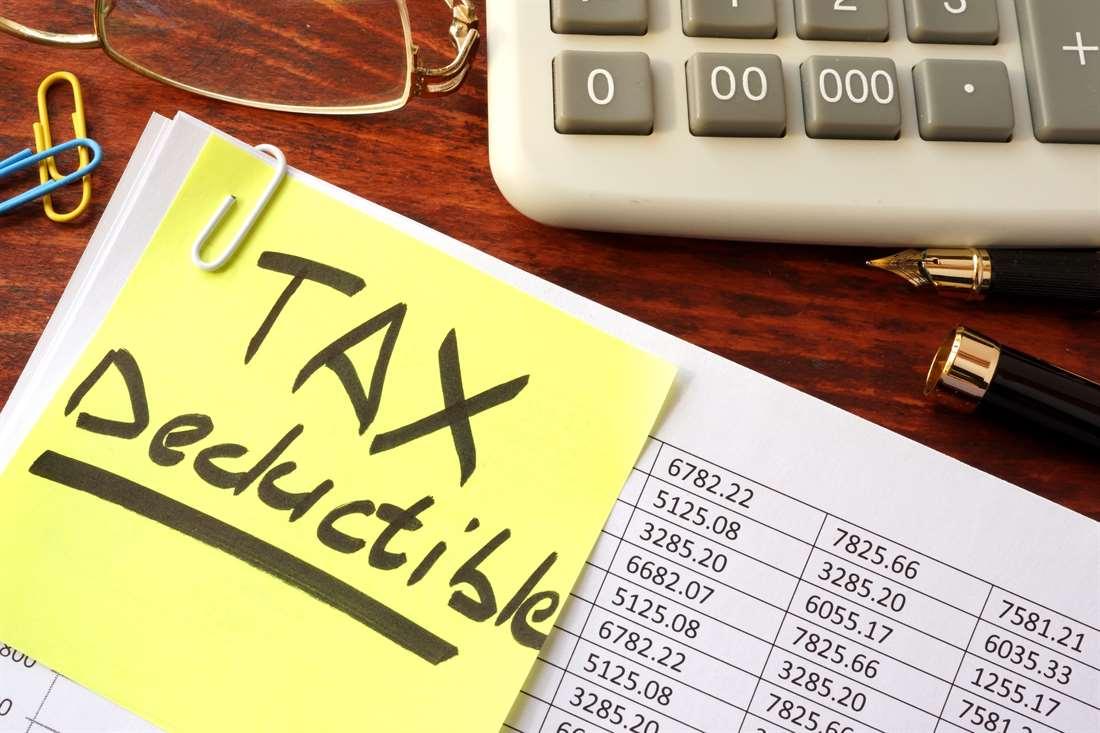Owning an investment property is a popular way to accumulating wealth. It is likely to be one of your most valuable assets you own. Overtime you will need pay property expenses to ensure to the property is in good shape.
Landlords that keep their property in good condition will likely have a more satisfied tenant and potentially improve its capital value.
Many property expenses are tax deductible, however not all expenses are treated the same. Often a property expense is categorised as either property repairs and maintenance or depreciable improvements.
Property expenses that are recorded as repairs and maintenance provides the landlord with a tax deduction in the financial year of occurrence.
According to the Australian Tax Office, you can claim the following:
- painting
- conditioning gutters
- maintaining plumbing
- repairing electrical appliances
- mending leaks
- replacing broken parts of fences or broken glass in windows
To repair something means to fix defects, including renewing parts. It does not include total reconstruction. Repairs and maintenance are generally only things that maintain or repair an existing asset.
Property expenses that are recorded as depreciable improvement provide the landlord with a tax deduction over time. In the event you replace an item within the property, it becomes an improvement. This remains relevant regardless if the old asset was damaged and needed replacement. In this instance, the property expense is claimable by 2.5% of the value each year for 40 years. If you spent $1,000 as a replacement cost, you are entitled to receive a deduction of $25 per year of the 40-year period.
We are not accountants or tax agents, so we are unable to provide advice in this matter. Most people often prefer a tax deduction that can be claimed upfront in the year its incurred over a 40-year timeframe. We recommend consulting a qualified accountant who can further educate you and suggest some strategies that are best for you.
For more information, please see the ATO website, featuring some useful series of short videos helping you understand your record-keeping and tax obligations.
While we have taken care to ensure the information above is true and correct at the time of publication, changes in circumstances and legislation after the displayed date may impact the accuracy of this article. If you want to learn more, please contact us. We welcome the opportunity to assist you.
Sep 2018













